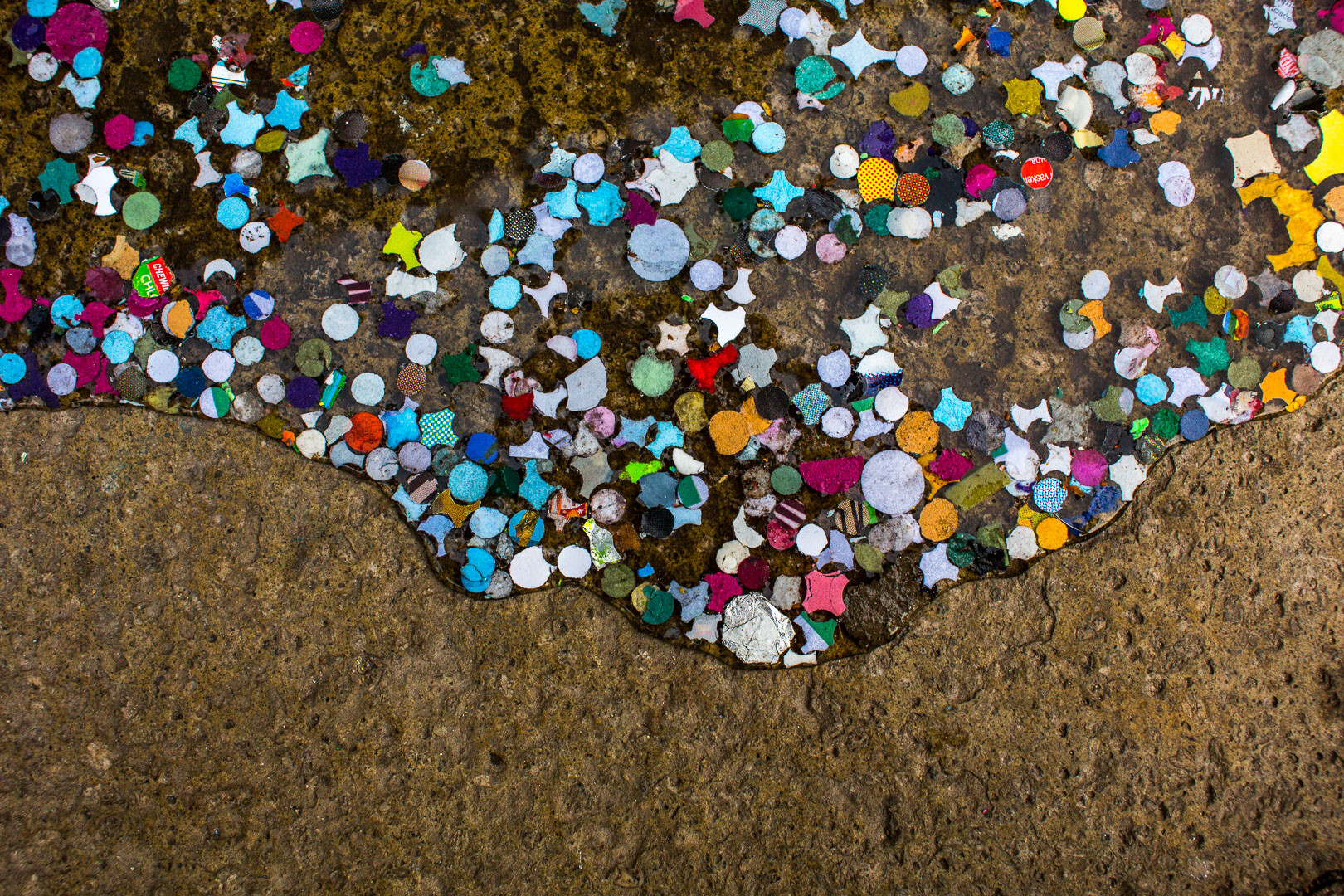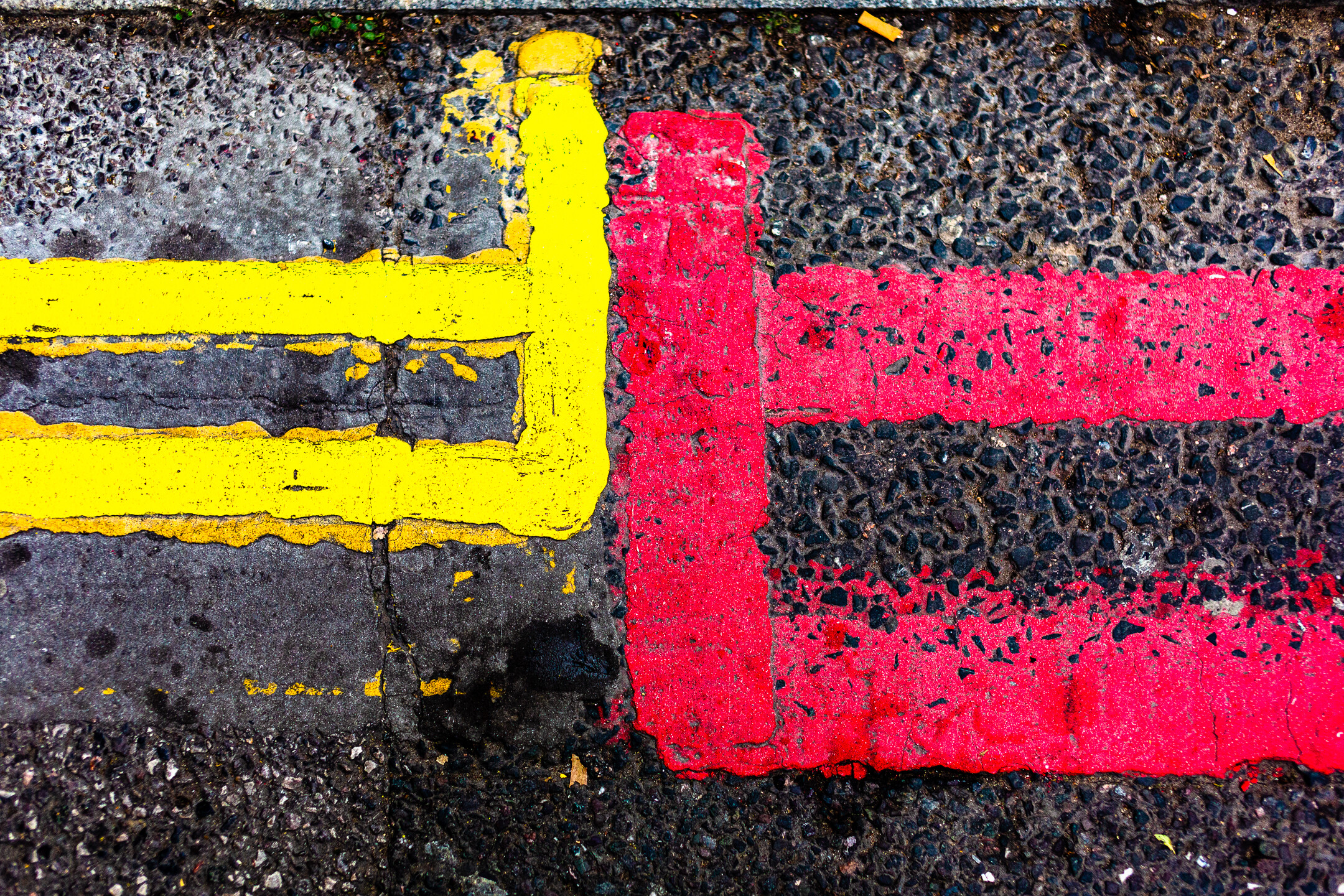8 Ideas for Awesome Abstract Photography
The post 8 Ideas for Awesome Abstract Photography appeared first on Digital Photography School. It was authored by Anthony Epes.

In this article, I plan to share some inspiring abstract photography ideas.
Now, I would never describe myself as an abstract photographer, yet I seem to have shot countless abstract photographs. In fact, I try not to assign myself to any genre. To me, that feels like the opposite of what photography should be – which is a place to have fun, to be curious, to explore, and most importantly, to give your imagination free rein.
I start the article like this because I want to encourage you not to be intimidated by this genre. Don’t worry about getting it right. Abstract photography should be a place of complete freedom.
And this is why the most important quality for abstract photography is imagination.

What is abstract photography?
For me, abstraction is about removing what’s in the world around us from its familiar context. It involves playing with elements and subjects, moving them away from their usual settings and placing them into new situations – so that they become something else entirely.
I find that doing abstract photography brings us into that childlike realm of imagination and makes us often think, “What is that?” Or, “That reminds me of…” Then our minds go off into dreamlike worlds.

“Abstraction demands more from me than realism. Instead of reproducing something outside of me, now I go inward and use everything I’ve learned thus far in my life.” – Susan Avishai
Therefore, I like to approach this genre as a way for us to have fun with our photos, the world around us, and ourselves. I’ll share eight abstract photo ideas that I hope ignite your imagination, and get you excited about exploring abstract photography!
Let’s get started.

1. Use your imagination as much as possible

“Abstraction allows man to see with his mind what he cannot see physically with his eyes…Abstract art enables the artist to perceive beyond the tangible, to extract the infinite out of the finite. It is the emancipation of the mind. It is an exploration into unknown areas.” – Arshile Gorky
Doing abstract photography feels like I am trying to detach myself from reality and delve into a space where everything around me is a new sight, a new sensation, or a new experience.
I look around and see elements, colors, shapes, lines, textures – each is almost separate from the other. I am looking for things that are connected, but in a different way to how my mind usually puts things together.
Then it’s my imagination that kicks in and starts creating all kinds of ideas about what things look like. To me, the photo above looks like something coming from the cosmos, the beginnings of a new world.
(In reality, it’s some slime floating around in water, which I played with in Lightroom.)
So use your imagination constantly. When doing abstract photography, don’t let “conventional” thinking get in the way!

2. Search for textures
Textures are a fascinating subject to explore. When you focus on textures, you capture a tactile quality in your photos. You make people want to lean in and touch something.
And you often give very ordinary things – water, brick, wires, or stone – an inviting feeling.
Today, we are often so disconnected from the ordinary (i.e., what we perceive as the boring world around us). We are so often lost in thought that we’re only jolted out of it when we see spectacular things – like beautiful views, intense sunsets, etc.
But all around us are terribly ordinary subjects that can be so very intriguing, if only we viewed them with our sense of wonder! So instead of capturing a snapshot of an intense sunset, try looking more closely at some “boring” subjects to see what textures you can find!

3. Shoot the ordinary
“The longer you look at an object, the more abstract it becomes, and, ironically, the more real.” – Lucian Freud
I love to shoot random, day-to-day subjects that I find all around me. I challenge myself to make these subjects seem interesting.
For instance, I am always on the lookout for torn posters on a wall – especially when they are bathed in beautiful light – as well as weird things I find on the street at my feet.
In fact, starting with what you find at your feet is a great way to do abstract photography!

Here’s why:
Everything, when you pay attention to it, can reveal different qualities than what we first notice. And our challenge as photographers- as artists, no less – is to find the most interesting way to shoot whatever catches our attention.
Maybe you need to take a different perspective – lying on the floor, getting up high, or changing angles. Or maybe, by using the quality of the light, you can turn the subject from ordinary to fascinating.

Or perhaps you could even use color to give boring, unoriginal subjects interest and depth:

4. Include mystery in your abstract photos
“Abstraction generally involves implication, suggestion and mystery, rather than obvious description.” – Robert Genn
The appeal of abstract photos for me is very much about mystery. Creating something that doesn’t look as it should, displacing your subject, mixing up reflections, creating contrasts and jarring juxtapositions – it’s all a fun part of making the world less real and more mysterious.
You can combine shapes together to create something that makes no real sense, but still sparks ideas and thoughts in the mind of the viewer.

In the photo below, I captured this reflection of a man on what I like to think is a moon landscape inhabited by interesting-looking creatures.

At least, that’s what I see when I look at the photo. What do you see? It might be completely different!
5. Aim to capture the feeling of your subject
“Of all the arts, abstract painting is the most difficult. It demands that you know how to draw well, that you have a heightened sensitivity for composition and for colors, and that you be a true poet. This last is essential.” – Wassily Kandinsky
In my photo teaching, I talk a lot about having a heightened awareness and sensitivity to the world.
Because if you want to find incredible photos wherever you go, you must have the ability to see more of what’s around you than you can when you are lost in your thoughts.
Now, with that heightened sensitivity comes increased feelings and impressions of what you see.
And thinking about the feeling you have when you look at your subject is so important. If you aren’t feeling anything, you won’t be able to communicate anything in your photos.
But if you do feel something when you look at your subject…
…you can channel it into the photo for a beautiful result!

I like the sensations I get when I look at the texture photos above. It’s perhaps a sense of awe at the water and the beautiful colored stones. I can almost feel the water, and that feeling is translated through the photo.
In the photo below, perhaps I get a feeling of fun, thanks to some bright colors on what I remember to be a dull London day:

6. Find subjects that stop you in your tracks
I strongly urge you to cultivate a sense of wonder.
Why?
I think we often get so jaded by the world around us – that is, we are so busy with our lives and worries and things to do – that we stop finding things awe-inspiring. It takes more and more to make us stop in our tracks and say “Wow!”
But we photographers have a gift:
We are visual people.
We just have to make sure we’re always refreshing our vision and our sense of wonder at the world around us.
And we must go seek subjects that makes us feel awe.

I believe that we don’t always need new subjects and exotic locations. We can be impressed by things that are right on our doorstep. Therefore, going out with the intention of finding something that makes you go “Wow!” or “Cool” or “Interesting!” is a great thing to do.
Work on always trying refresh your eyes, so that you can be impressed by mundane subjects (this also refreshes the spirit!).
In the photo below, the faded street markings look like a sign in an unknown language. Maybe even a secret message.

I find that the easiest way to refresh your eyes is to go out with the goal of having fun in your photography. Try to find something that makes you laugh.
In this shot of gnarly wood below, I might have photographed a frog, or maybe an alien!

That, for me, is the essence of abstract photography:
Creating a new world, a new vision, and a new experience from this very familiar (yet still awe-inspiring!) world around us.
7. Use perspective for an unusual take on your subject
By changing perspective, you can create cool new images of otherwise dull subjects.

By shooting upward and not focusing on the entire scene, I captured this image:

So make sure you don’t always shoot using the same boring, eye-level perspective.
Instead, mix things up a bit! Experiment with changing your vantage point or your angle.
Make sense?
8. Break down the world into elements
In photography, you must learn how to see the world as a series of elements, and then learn to arrange these elements in pleasing and interesting ways.
Ultimately, you should be looking at the world as a series of elements, and not as a vast, interconnected whole.
This is relevant to all genres of photography. Gaining a sense of control over the elements you place in your scene, what elements you use to support your subject, and what elements you remove from the composition is a great way to improve your abstract photos.

This idea of breaking the world down into elements is particularly useful when doing abstract shooting, because you are looking at the world afresh and trying to use your imagination to create something that is super interesting – and also super unique!
Abstract photography ideas: Conclusion
Hopefully, you’ve found some exciting abstract photography ideas to try – and you’re ready to get out and start shooting!
So grab your camera and take some photos.
And make sure to have lots of fun while you’re at it!
Now over to you:
Have these abstract photography ideas helped you see what’s possible in your photography? Do you shoot abstracts, or will you now? Let me know in the comments below!
The post 8 Ideas for Awesome Abstract Photography appeared first on Digital Photography School. It was authored by Anthony Epes.
By accepting you will be accessing a service provided by a third-party external to https://casite-257362.cloudaccess.net/